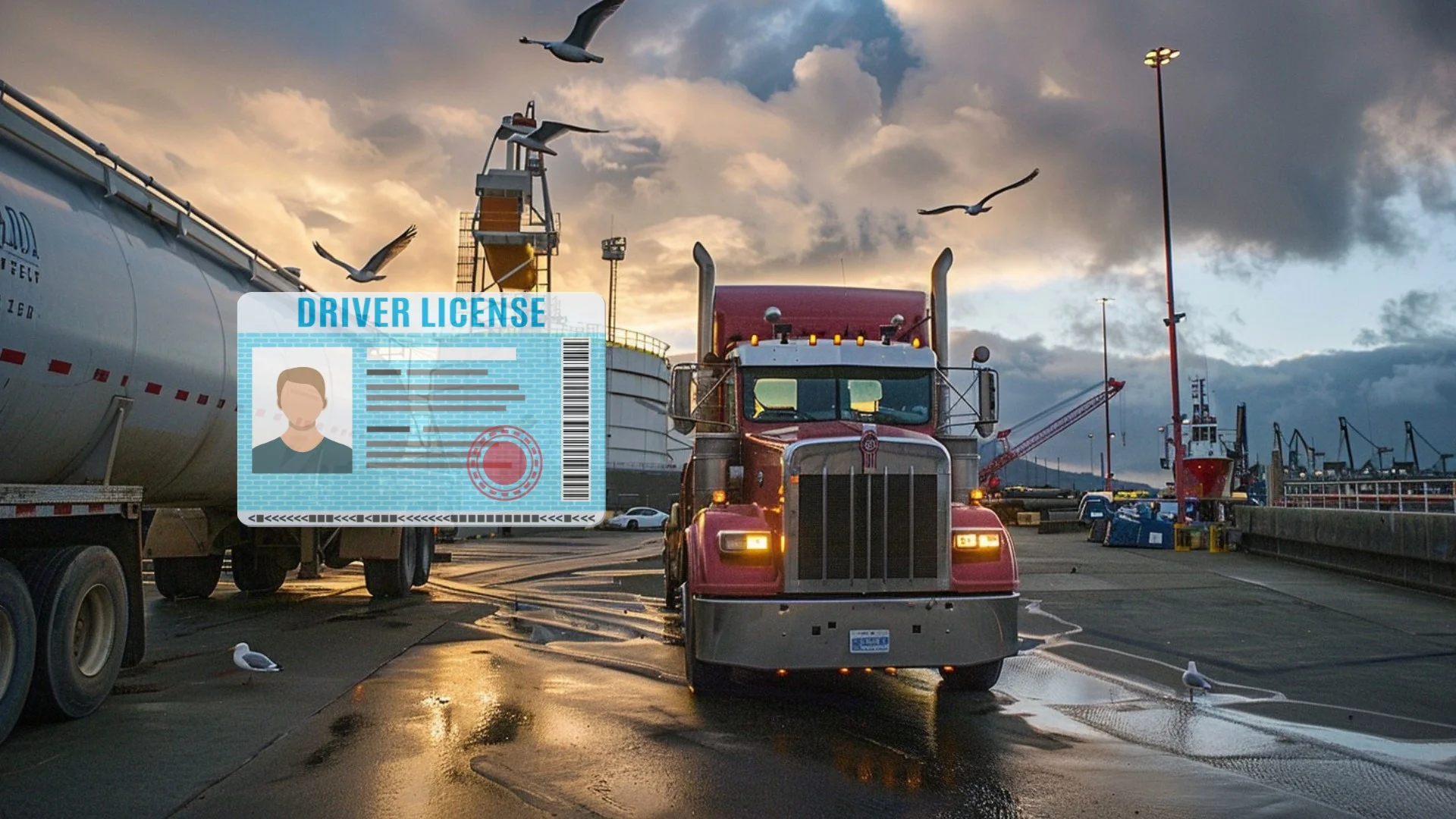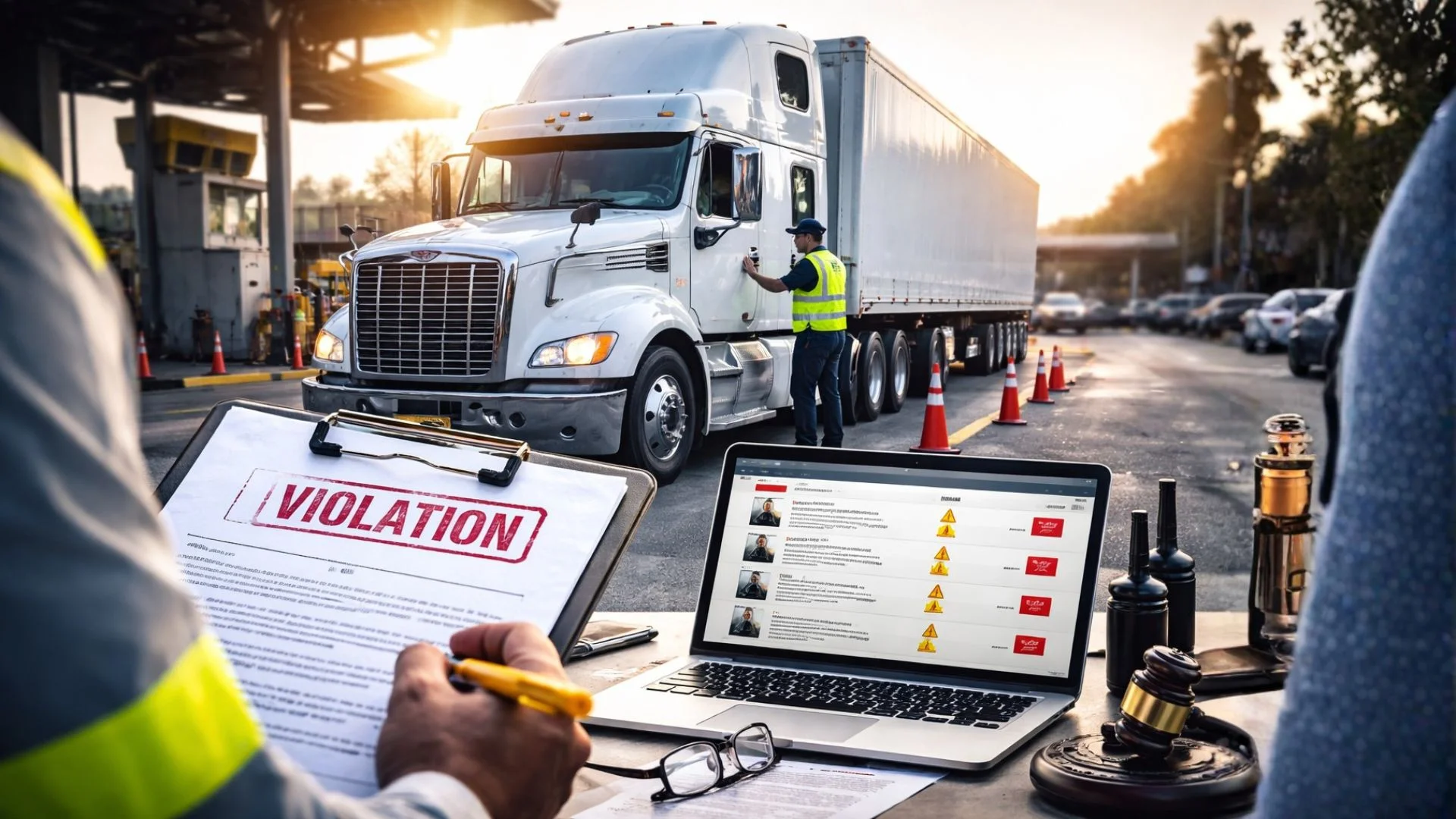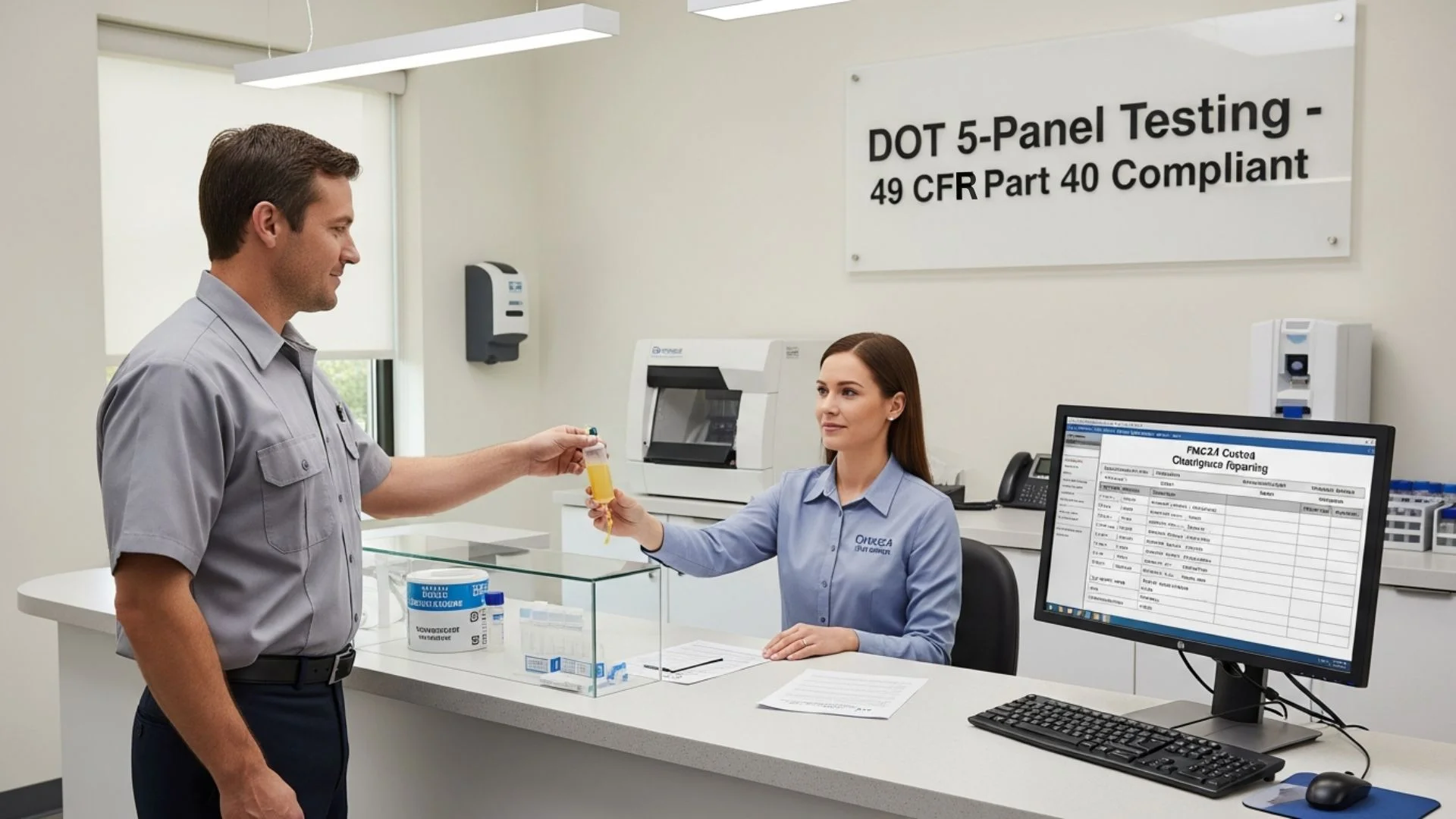A Commercial driver license driver is someone who operates a commercial vehicle. CDL trucks are usually large, heavy, or hazardous, such as tractor-trailers, tankers, or buses. CDL truck drivers transport goods or passengers across local, regional, or national routes.There are many benefits and challenges of being a CDL driver. Here are some of the pros and cons you should know before you decide to pursue this career.
Pros of Being a CDL Truck Driver
- High demand and job security
The trucking industry is essential for the economy, as it moves over 70% of all the freight tonnage in the United States. There is also a shortage of qualified drivers, which means you will have plenty of job opportunities and bargaining power. According to the American Trucking Association, the industry needs to hire about 240,000 drivers in 2023 alone.
- High salary and benefits
The average annual income for a commercial driver is about $51,000, but you can earn more depending on your experience, type of freight, and distance traveled. You may also receive bonuses, tips, and reimbursements for your expenses. Many trucking companies also offer health insurance, retirement plans, paid vacation, and tuition assistance.
- Independence and flexibility
As a CDL truck driver, you have a lot of control over your schedule and work environment. You can choose the type of company, route, and load that suits your preferences and lifestyle.
- Professional growth and variety
Getting your truck driving license opens up many possibilities for your career advancement. You can specialize in different types of freight, such as hazardous materials, livestock, or oversized loads, which pay more and require more skills. You can also become an owner-operator, which means you own your own truck and business. You can also switch to other driving jobs that require a driving license, such as bus drivers, delivery drivers, or truck drivers.
Cons of CDL Driving
- Physical and mental stress
Driving a large vehicle for long hours can be physically demanding and exhausting. You have to deal with traffic, weather, road conditions, mechanical problems, and deadlines. You also have to follow strict regulations and safety rules, such as keeping logs, inspecting your vehicle, and passing drug tests. You may also face health risks such as obesity, diabetes, high blood pressure, and sleep apnea due to lack of exercise, poor diet and irregular sleep patterns.
- Loneliness and isolation
Being a CDL truck driver can be lonely and isolating. You spend most of your time away from your family, friends, and social activities. You may also have difficulty maintaining relationships and finding support when you need it.
- Personal hygiene and comfort
Living in a truck can be challenging for your personal hygiene and comfort. You have limited access to showers, restrooms, laundry facilities, and healthy food options.
- Unpredictable hours and delays
As a CDL driver, you have to adapt to changing schedules and situations. You may have to work at night, on weekends, or on holidays. You may also face delays due to traffic jams, accidents, weather conditions, loading and unloading times, or breakdowns ultimately affecting your income and plans.
Requirements of Being a CDL Truck Driver
To become a CDL truck driver in the US, you need to meet some basic requirements.
First, you need to have a valid driver’s license for your state and be at least 18 years old to drive within your state or 21 years old to drive interstate. Second you have to pass a physical exam and an employment drug test regulated by FMCSA, which ensures that you are fit and safe to drive a commercial vehicle.
Third, you need to obtain a CDL learner’s permit by passing a written knowledge test on topics such as general driving rules, safety regulations, vehicle inspection, air brakes, combination vehicles, hazardous materials, and more.
After that, you need to enroll in a professional truck driving school or program that will teach you the skills and techniques of driving a commercial vehicle. You will learn how to operate different types of trucks, how to perform per-trip and post-trip inspections, how to couple and uncouple trailers, how to load and unload cargo securely, how to park and backup safely, how to handle emergency situations, how to plan your trips efficiently, how to comply with federal and state laws.
CDL drug Test Near You
Already a CDL driver and looking for CDL drug test? Let goMDnow help you with your drug testing program with affordable pricing and 20,000 quest diagnostic testing locations all over the United States. Call 980-655-4455 for further details and information.







